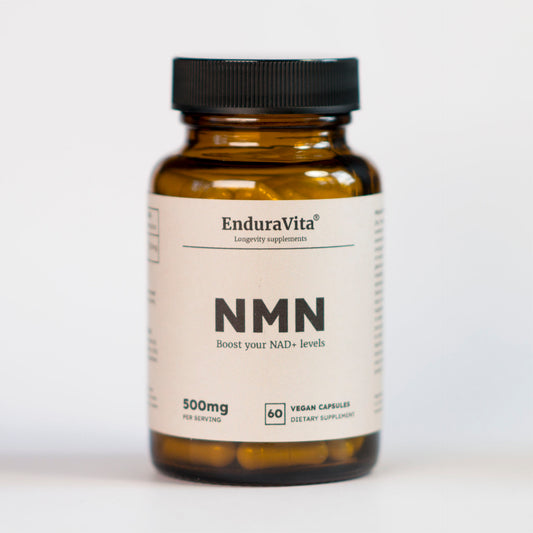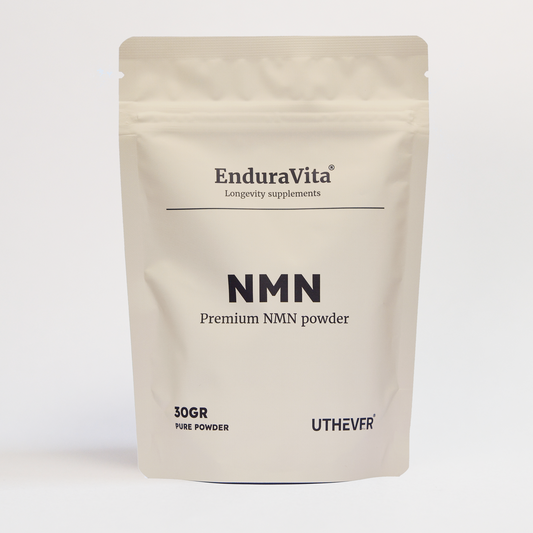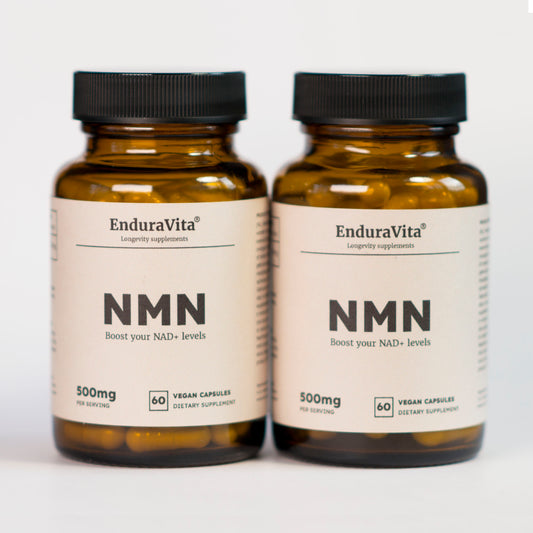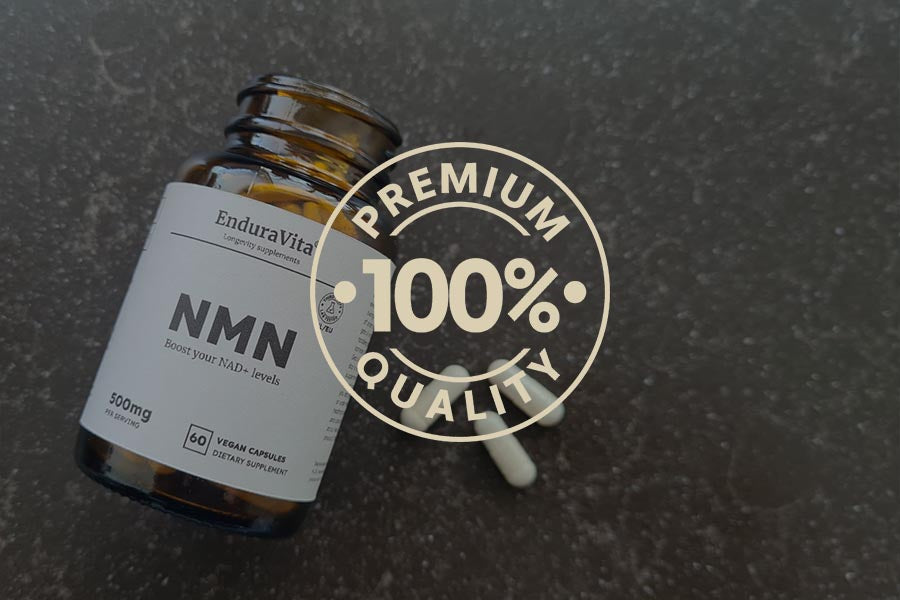
Study: NMN Reduces blood pressure, weight, & cholesterol levels.
Summary results:
Treatment with MIB-626 led to a significant rise in blood NAD levels by day 14 and day 28 compared to baseline. Serum levels of total cholesterol, LDL cholesterol, and non-HDL cholesterol also declined from baseline in the MIB-626 group. Participants in the MIB-626 group experienced a reduction in body weight, whereas those in the placebo group saw an increase; the difference in weight change between the groups was statistically significant. Additionally, diastolic blood pressure dropped from baseline in the MIB-626 group.
Research Summary:
Background: With aging, nicotinamide adenine dinucleotide (NAD) levels decline, and this decline is presumed to contribute to age-related diseases.
Objective: We evaluated the safety and physiological effects of NAD augmentation by administering the precursor, β-nicotinamide mononucleotide (MIB-626, Metro International Biotech, Worcester, MA), in adults at increased risk of age-related conditions.
Methods: In a randomized allocation of 2:1, thirty overweight or obese adults, ≥45 years old, were assigned to take 2 MIB-626 tablets containing 500 mg of microcrystalline β-nicotinamide mononucleotide or a placebo, twice daily for 28 days. Study outcomes included safety; NAD and its metabolome; body weight; liver, muscle, and intra-abdominal fat; insulin sensitivity; blood pressure; lipids; physical performance; and muscle bioenergetics.
Results: There were similar adverse events between groups. MIB-626 treatment resulted in significantly increased circulating concentrations of NAD and its metabolites. Body weight (difference -1.9 [-3.3, -0.5] kg, P = .008); diastolic blood pressure (difference -7.01 [-13.44, -0.59] mmHg, P = .034); total cholesterol (difference -26.89 [-44.34, -9.44] mg/dL, P = .004), low-density lipoprotein (LDL) cholesterol (-18.73 [-31.85, -5.60] mg/dL, P = .007), and non-high-density lipoprotein cholesterol decreased significantly more in the MIB-626 group than in the placebo group. No significant differences were observed between groups regarding changes in muscle strength, muscle fatigue, aerobic capacity, and stair-climbing ability. Insulin sensitivity and hepatic and intra-abdominal fat did not change in either group.
Conclusion: In overweight or obese middle-aged and older adults, MIB-626 administration safely increased circulating NAD levels and resulted in significant reductions in total LDL and non-HDL cholesterol, body weight, and diastolic blood pressure. These findings justify further large-scale investigations into the effectiveness of NAD augmentation in improving cardiometabolic outcomes in older adults.
Source: https://pubmed.ncbi.nlm.nih.gov/36740954/










